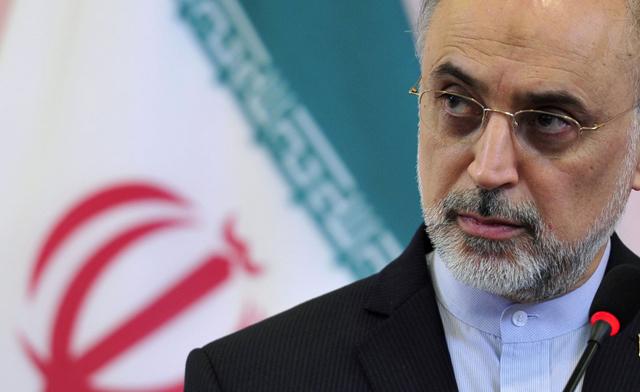Avigdor Lieberman, Israel s new foreign minister, is perhaps most notorious for his policy demands regarding the Arab citizens of Israel. He wants Israeli Arabs to prove their loyalty to the state by taking oaths and doing national service, otherwise he would deny them Israeli citizenship. And he wants to move the green line (1967 border between Israel and the West Bank so that Arab villages in the Triangle and Wadi Ara areas become part of Palestine and their residents become Palestinian instead of Israeli. At their core – if we could strip them of racist exaggeration – some of Lieberman s ideas might be worth discussing. Indeed, at their core these policy proposals are not originally his. In embracing and distorting them, Lieberman appears to be motivated by an angry racist nationalism that used to be foreign to Israel but that sells well with his constituents, who are primarily from the former Soviet Union. But he is also reacting to growing extremism among the Arab citizens of Israel as they insist that Israel cannot be a Jewish state and must reflect their Palestinian national identity as well. Those Arab citizens are in turn responding both to the failed Oslo peace process and to decades of prejudice and neglect by Israeli governments. By way of unraveling this very negative process of escalation and finding the positive core that Lieberman has abused, let us look at the ideas one by one. Regarding loyalty oaths and national service, note that the highly secular Lieberman has addressed these demands to ultra-orthodox Jews as well as Arabs in Israel. Indeed, the Jewish mainstream is generally far more critical of ultra-orthodox avoidance of military service than of Arab avoidance: Arabs have never been asked to serve, whereas the ultra-orthodox are called up, then released on the basis of a political concession to their religious orientation, which in their world view takes priority over the state. Lieberman also accepts the option of some sort of civilian rather than military service. Precisely such a volunteer civilian service core has recently been established in Israel. Initial one-year volunteers include Israeli Arabs as well as ultra-orthodox. They work in hospitals, with youth groups and with their local municipal and village councils. These volunteers find the service acceptable and even desirable because it links them to the country and to their fellow citizens without demanding outward expressions of loyalty to the state of Israel. Why not make this civilian service compulsory for those not doing military service? It would answer a critical need of a highly pluralistic, not to say fragmented society. And it would render Lieberman s racism-tinged demands far less appealing to Jewish voters. Turning to the idea of moving the green line, I believe I was the first to propose, back in 1994, that Arab villages inside Israel could be part of the territorial swaps that accompany a two-state solution agreement. At the time, surveys showed that between one-fourth and one-third of Arab citizens of Israel liked the idea. I cited both political and demographic motives for this proposal, and no one accused me of racism. Since then, mainstream Israeli politicians have also suggested that Arab citizens whose primary identity is Palestinian could apply to the future Palestinian state for passports even if they continue to live in Israel. The difference between these proposals and Lieberman s is that the latter insists on canceling the citizenship of Israeli Arabs who find themselves and their towns and villages inside the Palestinian state, whereas most of us recognize that the Israel High Court of Justice would very likely accept an appeal by such an Arab Israeli who wants to retain his or her Israeli citizenship, because native citizenship is a fundamental right that governments cannot arbitrarily deny. This may be one reason why Lieberman wants to seriously dilute the authority of the High Court – one of his most nefarious initiatives. What the French and Germans could do in Alsace Lorraine after their wars is no longer acceptable in the age of human rights. Still, nothing should stop an Israeli government from moving the green line in Wadi Ara and the Triangle as compensation for annexing settlement blocs within the framework of an agreed solution. An Israeli resident of Umm al-Fahm who finds himself in Palestine would not lose his Israeli citizenship and would be free to move to Nazareth or Shfaram inside the green line. But if he stays in Palestine, future generations presumably would not be Israeli. Lest we forget, unlike his fellow right-wingers Lieberman supports a two-state solution, to the extent that he is ready if called upon to vacate his own settlement, Nokdim. Sadly, he has taken otherwise legitimate ideas and distorted them in terms of both content and angry racist invective. This gives those ideas a bad name. And it further escalates Jewish-Arab tensions in Israel. Yossi Alpheris coeditor of the bitterlemons family of internet publications. He is former director of the Jaffee Center for Strategic Studies at Tel Aviv University. This commentary is published by DAILY NEWS EGYPT in collaboration with bitterlemons.org.
